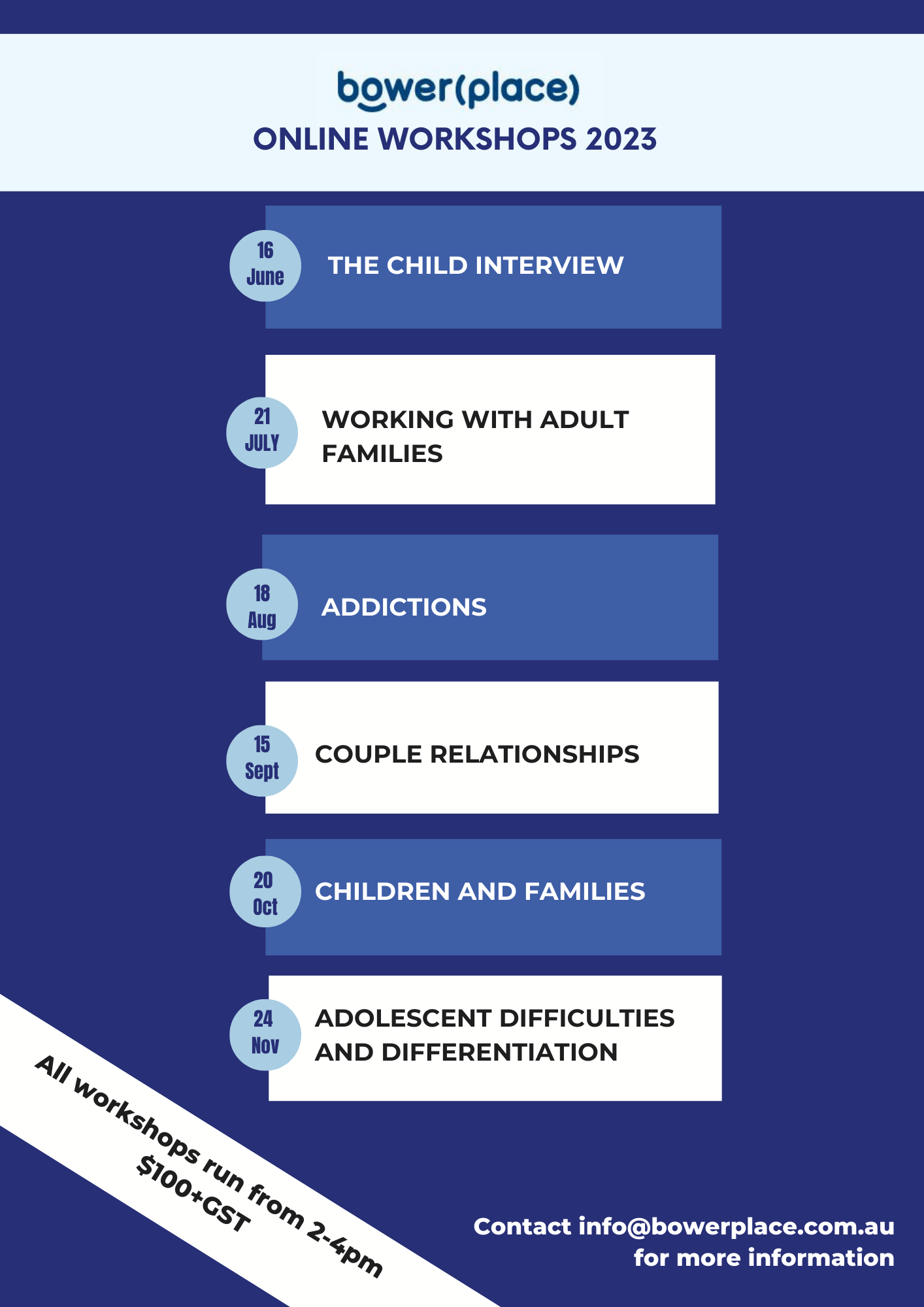Family therapy loves family of origin stories; the wild aunts and uncles of therapy who defied the conventions of our parents and showed us a different way to conceptualise the world. Dr Murray Bowen, who unexpectedly presented his personal work with his own family of origin is one of these. Bowen had prepared a conventional presentation for a meeting of family therapists in 1967 but at the last minute decided to speak of the very intimate and private work he had been doing to resolve the endemic pattern of avoidance in his family. It was reportedly received with surprise and enthusiasm and later published by James Framo in the conference proceedings as The Anonymous Paper.
While the story is enchanting it overlooks Bowen’s commitment to research and attempts to clarify processes in families that produced symptoms. For four and a half years from 1954 Bowen headed an inpatient research project, called the Family Study Program at the National Institute of Mental Health admitting whole families with a young adult member exhibiting serious mental health symptoms.
His original hypothesis was that these severe symptoms were the result of a symbiotic relationship between mother and child which neither sought and each struggled to escape. However, it soon became clear that the interactions in this dyad were part of a much larger set of interactions that included the whole family including the father. He also came to understand the centrality of the helper system and the way the family’s helplessness invited practitioners to take charge effectively preventing family members taking responsibility. This work dovetailed with his own personal research to produce Bowen Family Systems Theory.
Given the focus on academic exchange and publication by Bowen and his team it is little surprise that this tradition has continued by contemporary family therapists informed by Bowen’s work. In Australia we are well represented By Dr Jenny Brown, founder, and Director of the Family Institute in Sydney who, like Bowen, brings together both the personal and research. The former is reflected in her 2012 publication Growing Yourself Up while the latter is evidenced by her PhD research, The Parent Hope Project. This is a family-systems based manualised intervention for parents aimed at addressing anxious interactions with children who are exhibiting symptoms. Her work demonstrates the power of addressing family interaction to relieve the weight of symptoms from one family member and restore ‘agency-based hope’ to parents.
Bower Place is delighted to host Dr Jenny Brown to present her research on 1 June 2023.
Anonymous, Toward the Differentiation of Self in One’s Own Family, in Framo, J.(ed) 1972 Family Interaction :A dialogue between family researchers and family therapists. New York Springer


